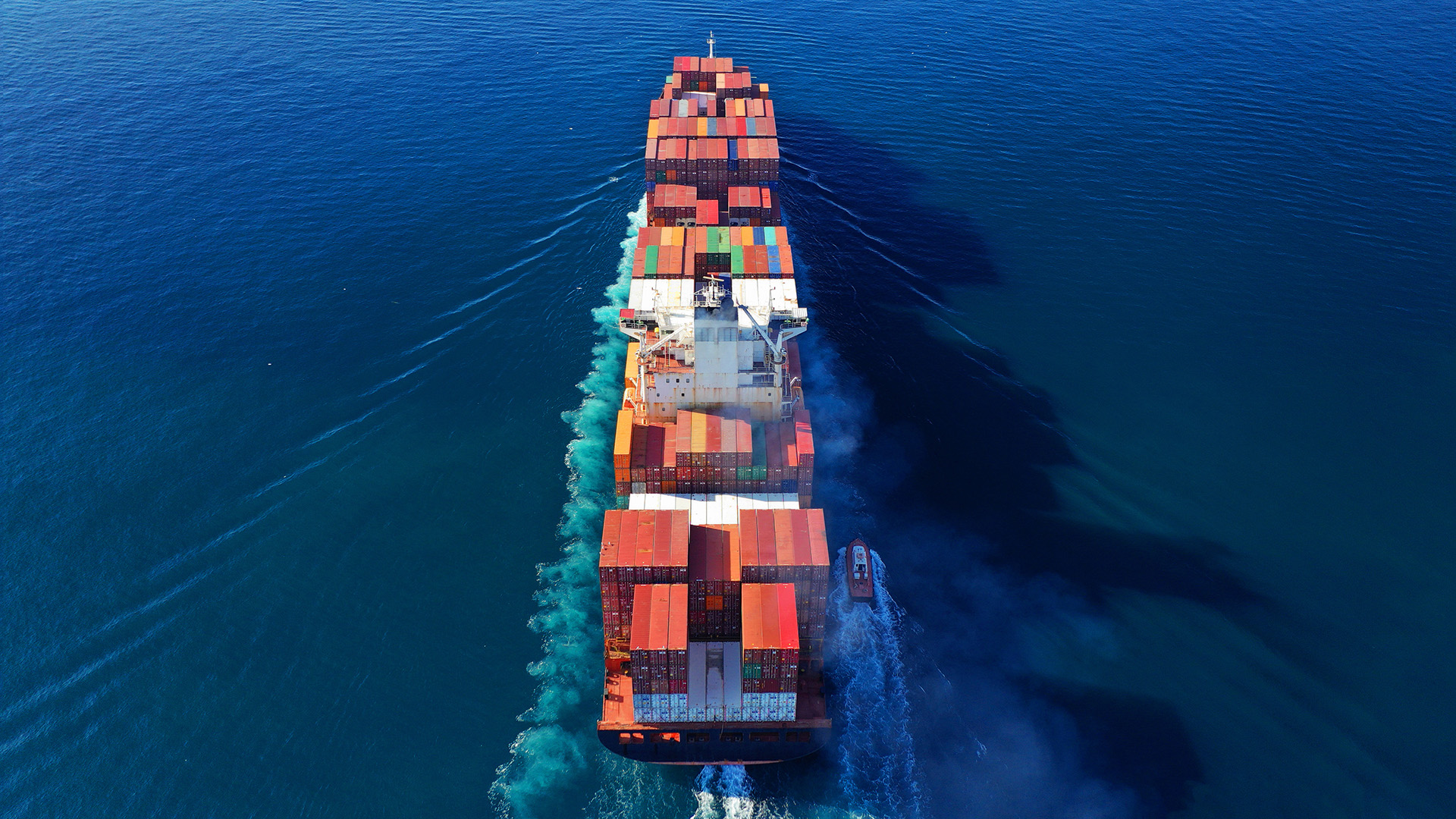Regardless of your level of involvement in supply chain logistics, you may have heard the term carrier legal liability. Although the term may seem complicated to most, it is fairly straightforward. A freight carrier’s legal liability determines the extent to which they are responsible for loss or damage to goods in transit. There are limitations and stipulations that must be considered with every case of damage or loss.
Below are three basic elements of carrier legal liability:
-
Burden of Proof
When a shipment is damaged or lost during transit, the cargo owner must file a formal cargo claim to request reimbursement from the carrier. However, to prove carrier liability, there must be sufficient proof and documentation that supports the cargo owner’s claim.
-
Limitations
Even if a carrier is found at fault for a loss, there are still limits to how much the carrier is required to pay the cargo owner. These limitations are determined by transportation mode and entities such as specific international conventions, treaties, as well as domestic and international governing bodies. Without these limitations on liability, carriers would risk going out of business or would have to charge prohibitively high rates to move freight. Below are some examples of liability limitations in the United States. In any event, the limit of liability shall not exceed the value of the goods. Click here to download our flyer on the difference between carrier liability limits and all-risk cargo insurance.
| Mode |
Limit |
| Ocean |
$500 per shipping unit |
| Air |
26 SDR (~ $35) per kg |
-
Exclusions
Some circumstances may cause damage or loss to fall outside of the carrier’s legal liability altogether. These circumstances are outlined in the laws and international agreements that regulate carrier legal liability and include situations such as acts of God (natural disasters) and acts of war.
When a freight carrier is at fault for damage or loss to a shipment, the cargo owner may file a formal cargo claim to seek monetary reimbursement from the carrier. Determining if and how much a carrier is obligated to pay is what legal liability helps to define. However, in most cases, the gap between what a carrier has to pay and the amount covered by all-risk cargo insurance can be extremely significant. Is your shipment covered? Read more about carrier liability vs all-risk cargo insurance. For more information about cargo legal liability and cargo insurance, reach out to ECIB.


.png?width=6181&height=1578&name=ECIB-logo%20(1).png)
